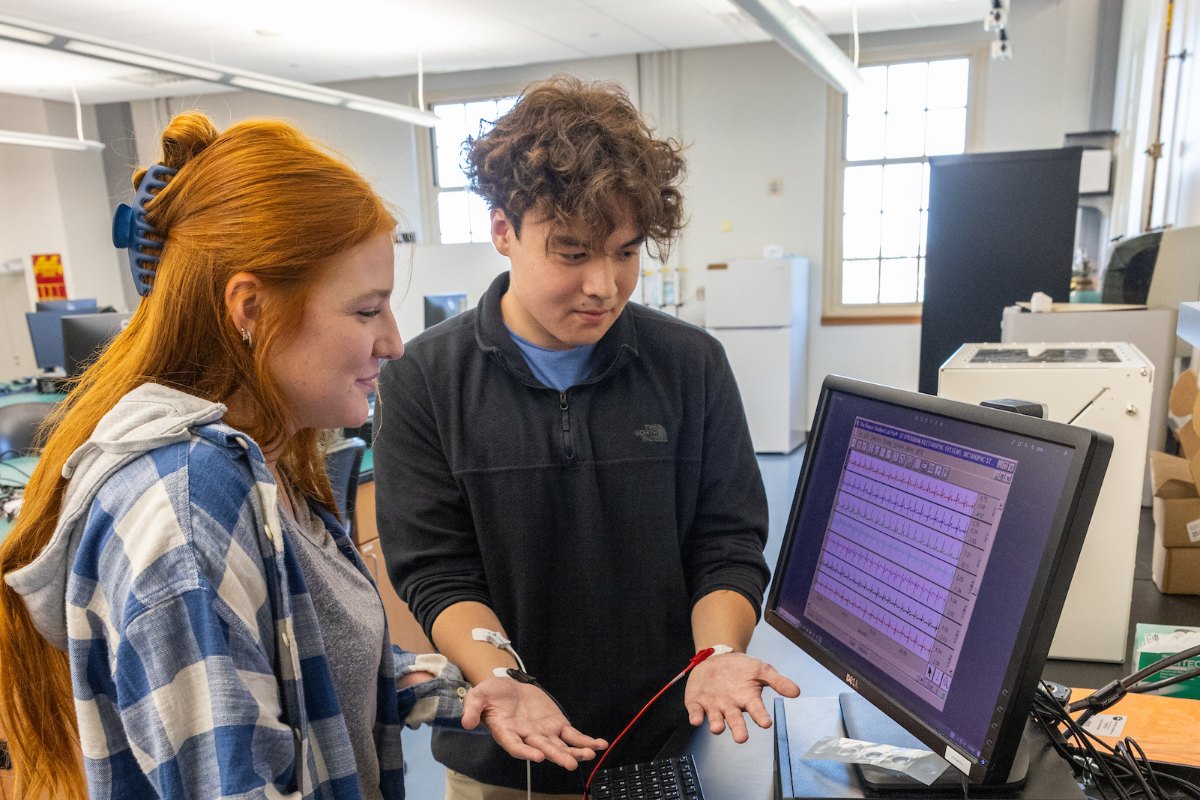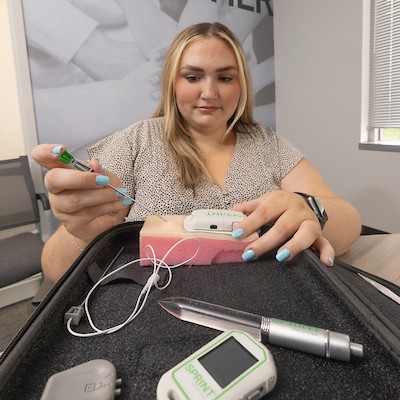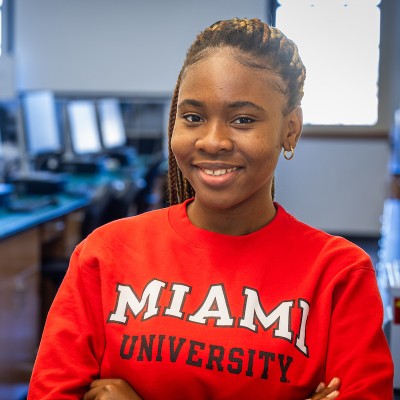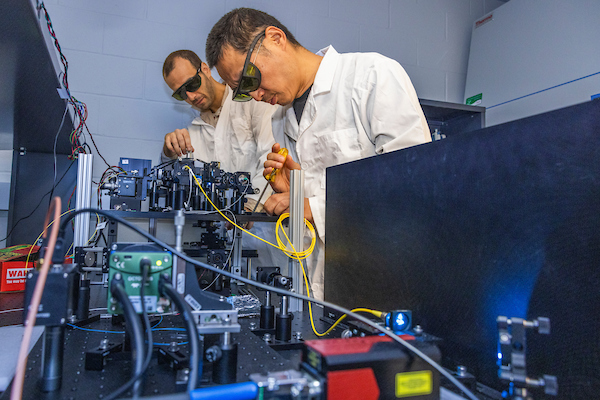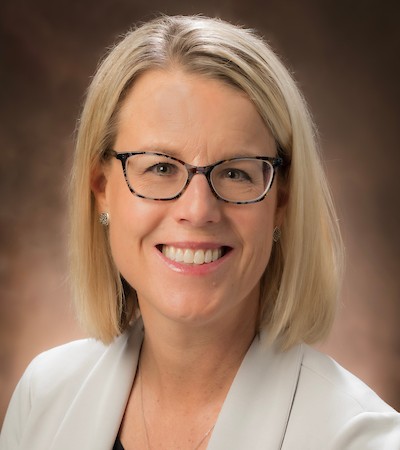What makes CEC Clinical Engineering students different?
At CEC, our comprehensive clinical engineering curriculum delves into advanced engineering concepts, medical device technology, regulatory compliance, and health care systems management – preparing graduates for the challenges and opportunities of the thriving biomedical device industry.
By offering an internship or co-op at your organization, you can support the next generation of clinical engineers – all while benefiting from the insights and perspectives of emerging professionals trained in the latest industry concepts.
